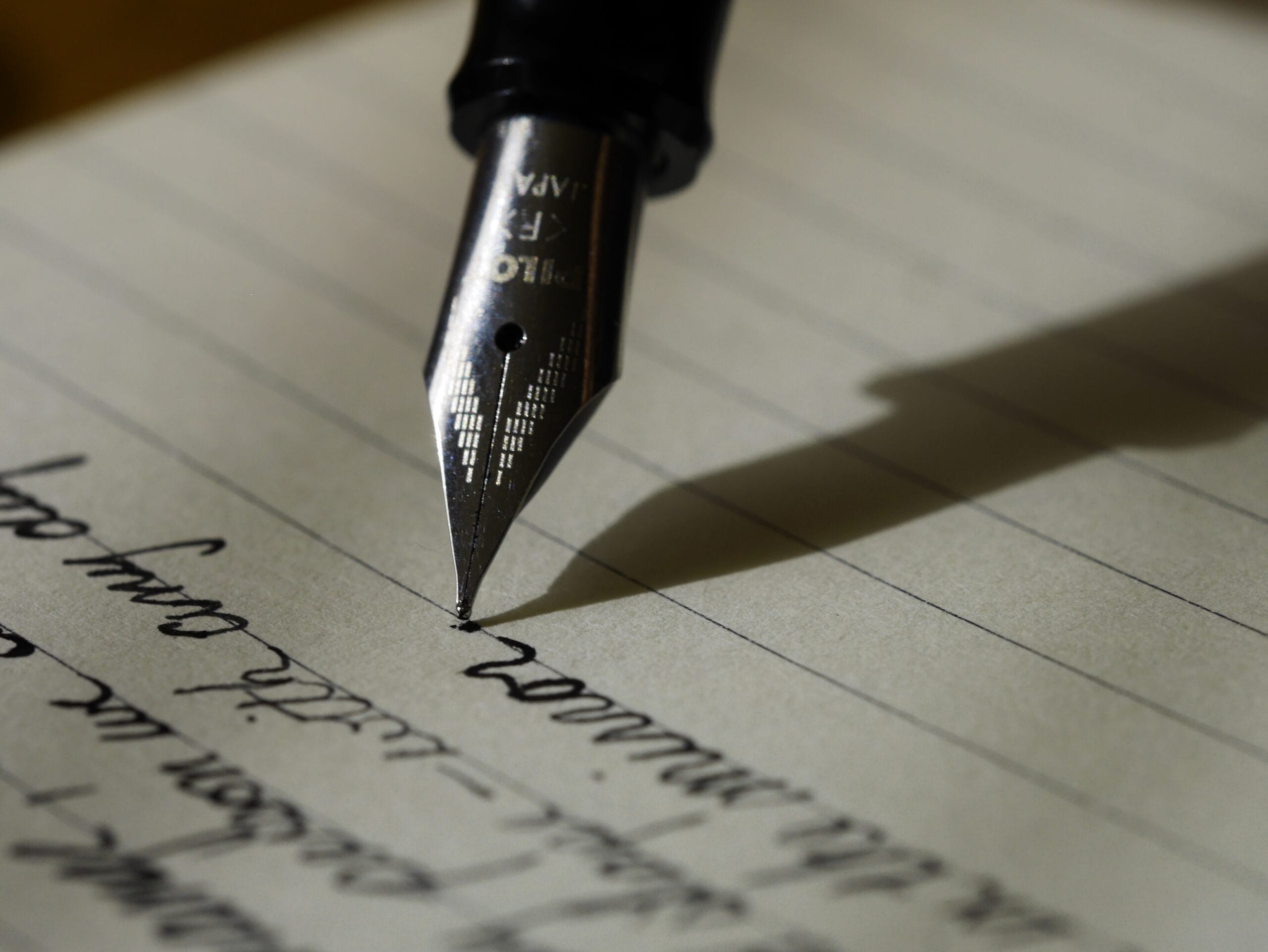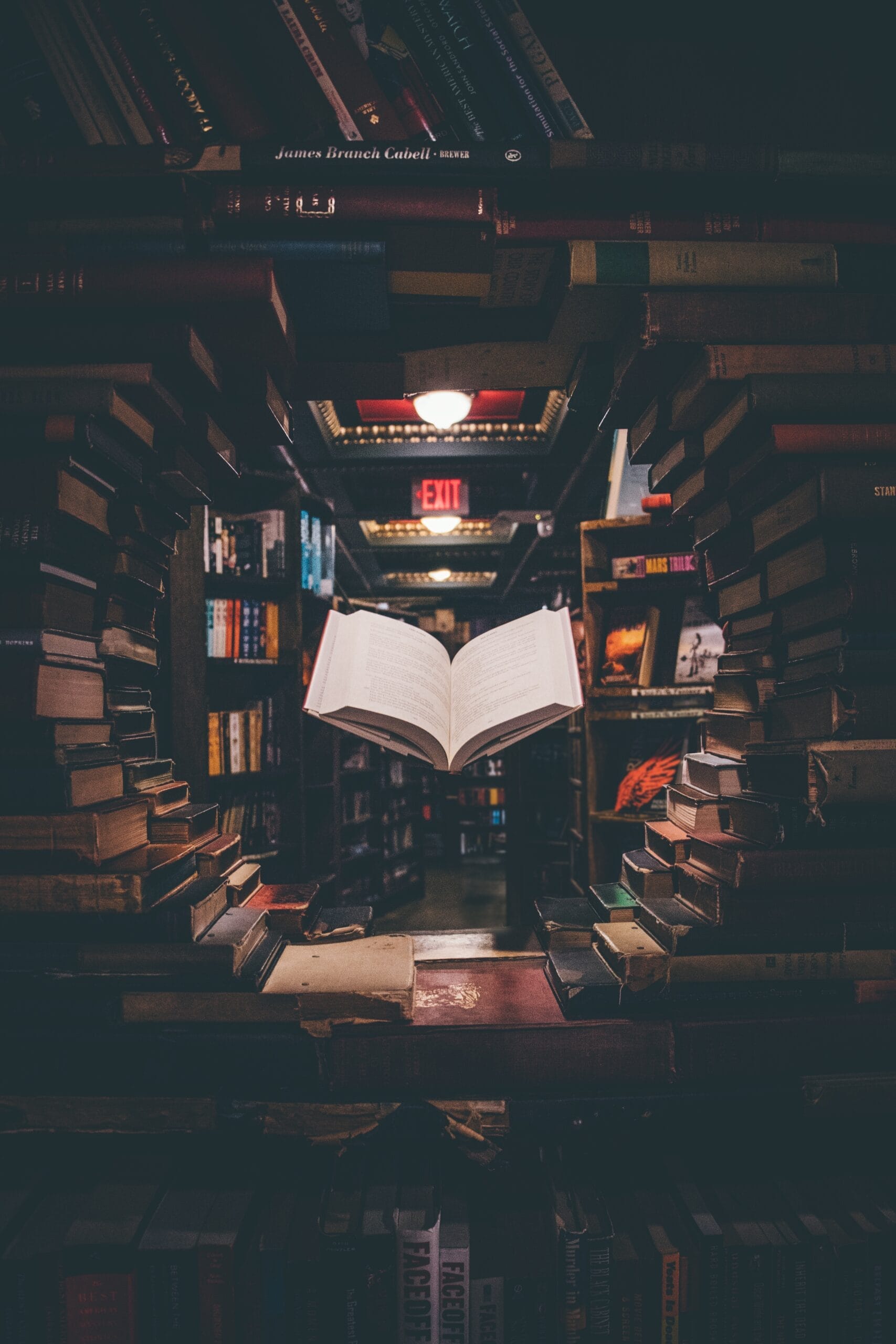What’s the first challenge you encounter when trying to compose a text? Obviously enough, the first sentence. But it’s much harder and also more important than you think. An opening sentence is the first impression people will get from your writing. It can either grab their attention immediately or leave readers with no interest in continuing.

How to come up with the best opening sentence?
Well, that’s a pretty hard question because an opening sentence should be relevant to the written text. That means using general phrases or well-known quotes isn’t the best idea. Sure, they may work for some articles, but it usually results in the text looking “fake”, hollow, and insincere.
Many authors also think that they need to shock the readers at the start. Of course, if the whole text is built on the shock value, it’s logical to use such a first sentence. But in most cases, it won’t work and will look out of place.
An opening sentence should be authentic. It’s something that will establish a connection between the writing and the reader. It should be unique and relevant to your writing only. Such sentences can’t be found in a professional essayservice review, which is highly useful for students who struggle to write an essay or edit it. Yet, if you want the text to be truly astonishing, you need to find intrinsic inspiration.
Let’s get some examples to help you understand the importance of an opening sentence better.
“It was a bright cold day in April, and the clocks were striking thirteen” – George Orwell, “1984”
It looks like a simple description. It only depicts the time the book starts at. But you can already portray an image, a certain landscape in your imagination, based on this piece of information. What is more important, it intrigues you a little bit.
Does it reflect a good sunny mood, or should you expect some catch? Later, you’ll find out that it indeed has a catch as the whole book is usually considered depressing and heavy.
“The year 1866 was signalised by a remarkable incident, a mysterious and puzzling phenomenon, which doubtless no one has yet forgotten” – Jules Verne, “Twenty Thousands Leagues Under the Sea”
This one strikes you with a statement that immediately calls several questions. What accident? Why is it so significant? What’s so mysterious about it?
See, just like the phenomenon Jules Verne talks about in the book, this opening sentence is pretty mysterious itself. It makes you wonder about the accident, makes you want to find out. When you use such an approach, the process of writing becomes much easier. And just like in most sci-fi books, you won’t even notice how fast this alternate world absorbs you.
“It was the best of times, it was the worst of times, it was the age of wisdom, it was the age of foolishness, it was the epoch of belief, it was the epoch of incredulity, it was the season of Light, it was the season of Darkness, it was the spring of hope, it was the winter of despair, we had everything before us, we had nothing before us…” – Charles Dickens, “A Tale of Two Cities”
You have probably never expected that an opening sentence could be this long, right? There have never been certain rules to write one. But, the trick is that it’s difficult to compose such a long sentence that will continue to interest you more with each word and will still remain readable.
The description in it is pretty complex and hard to imagine. It doesn’t depict a scene; more likely, a whole period. As you would find out just a bit later, it’s the time of the French Revolution, and it seems pretty unexpected in this case. Right, the description fits that time in history, but you would probably expect something out of a fantasy movie rather than a story about revolutions.
That’s why it’s so great. Charles Dickens makes it possible to portray something that impactful in such a fascinating way.

“I’m pretty much f*cked” – Andy Weir, “The Martian”
It’s largely the opposite of the previous example. Yet, it has every quality of a decent opening sentence:
- straightforwardness;
- describing tone;
- intrigue;
At first, you’re surprised by the wording and conciseness of the sentence. Then, you realize you’re already interested in continuing. After that, you start to wonder, “Why is he doomed? What could lead to it? Will he survive?”
The title of the book gives you a huge hint on the possible situation. Still, there are too many questions on your mind. Besides, it’s impossible to resist starting this journey on Mars.
“There was me, that is Alex, and my three droogs, that is Pete, Georgie, and Dim, and we sat in the Korova Milkbar trying to make up our rassoodocks what to do with the evening.” – Anthony Burgess, “A Clockwork Orange”
The book is a true masterpiece by Anthony Burgess. You have certainly noticed a few unknown words in this one. You may have thought that they’re from an imaginary language that some characters speak in the book. But in reality, they’re just Russian words.
No matter if you realize that fact or not, it’s still undoubtedly intriguing. The image is so authentic and obscure in some way that it grabs your attention right away. It perfectly suits the tone of the book and reflects the writing style.
Summing Up
See, an opening sentence doesn’t obey some particular rules. No matter how you compose it, the point is to make readers continue and never stop reading the book. And just like every example showed, it should reflect the tone of your writing, making it genuine and unique. Apply the approaches outlined in this article in each suitable situation, and you will not only interest your audience but also boost your creativity. Follow the techniques of renowned authors, and you will hold the key to success in writing!



